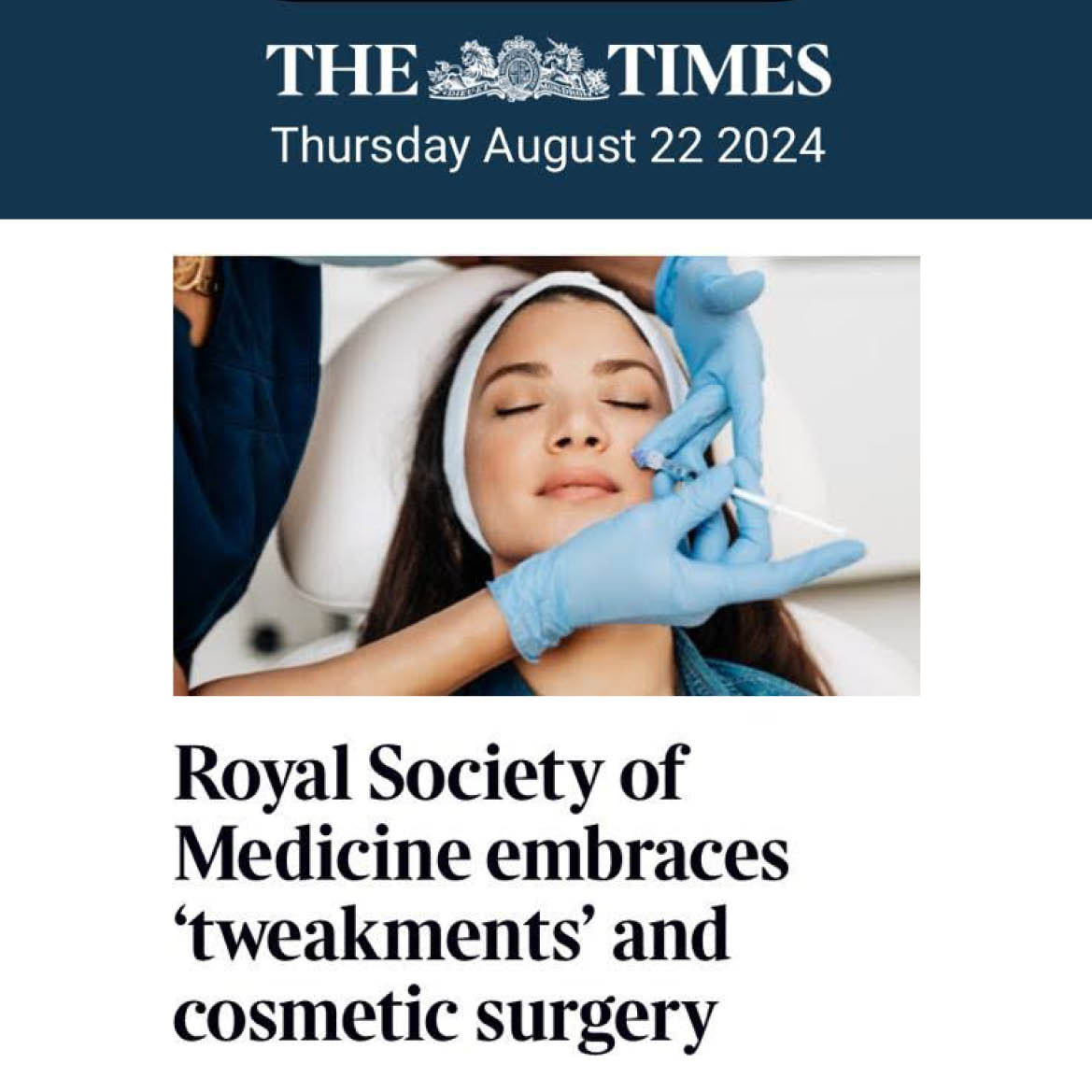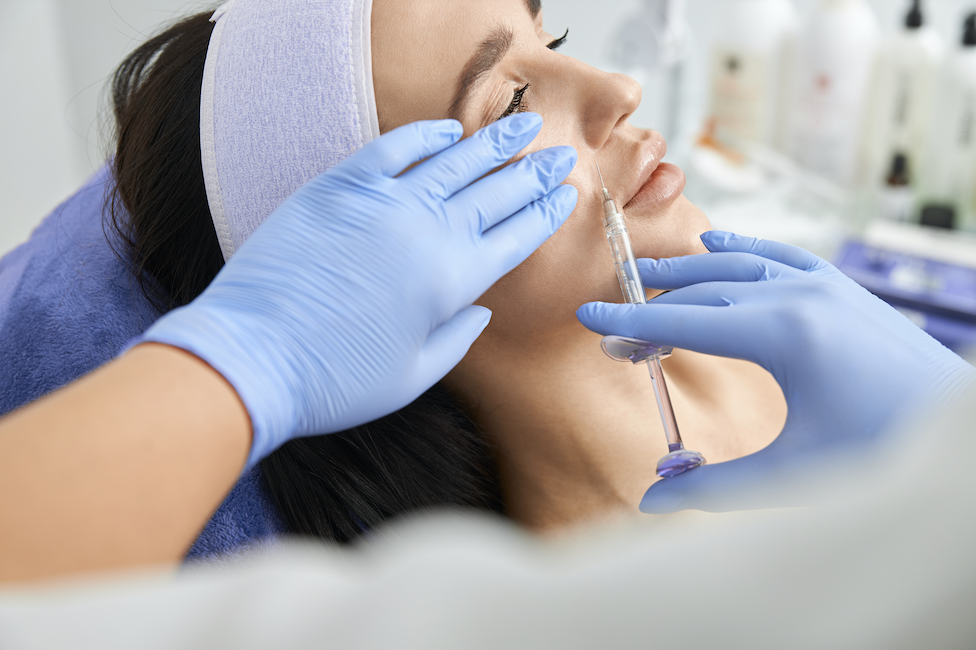Royal Society of Medicine embraces ‘tweakments’ and cosmetic surgery.
London Dermatology | 22 August 2024

The RSM says that bringing experts together can keep patients from harm in a commercialised field where evidence is sometimes lacking.
The Royal Society of Medicine is adding aesthetic medicine to its curriculum in a move intended to improve the quality and safety of cosmetic surgery and popular non-surgical “tweakments”.
Aesthetic medicine and surgery will be the 56th, and is the first new section for 35 years. Dr Christopher Rowland Payne, a dermatologist, has been selected as its first president.
Rowland Payne, a dermatologist with a distinguished clinical record, is also chairman of the Cosmetic Dermatology task force of the European Academy of Dermatovenerology (EADV).
Rowland Payne said: “Aesthetic medicine should not be seen as an industry or a shop, where people can ask for what they want. It should be seen as asking a doctor for advice, which the patient can then take or not.”
Aesthetic medicine is a highly commercial and fast-moving field in which evidence can be scarce or overhyped, so bringing together surgery, dentistry and dermatology specialists under the auspices of the royal society will facilitate the sharing of experience and expertise.
Rowland Payne added: “We live in a world of self-promotion, however we must strive to fulfil the principles of good medical practice.”
For him, that meant putting the patient first, understanding what they want, taking careful histories and offering all that is available, but advising a patient of the best option for them. Understanding the evidence base was essential to such holistic practice.
The section’s official launch is on October 1, but a two-day meeting in September has already sold out. It will offer debate, discussion, evidence and forums where the potential harms of some treatments can be acknowledged and discussed — a key step in improving care.
Rowland Payne said: “We need to bring everyone back to putting caring for patients at the centre of what we do, we need to raise standards of care and safety and we need to have high standards in teaching.”
Read The Times article here.


